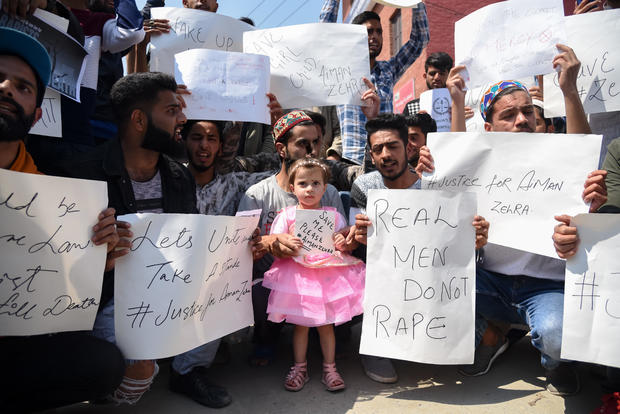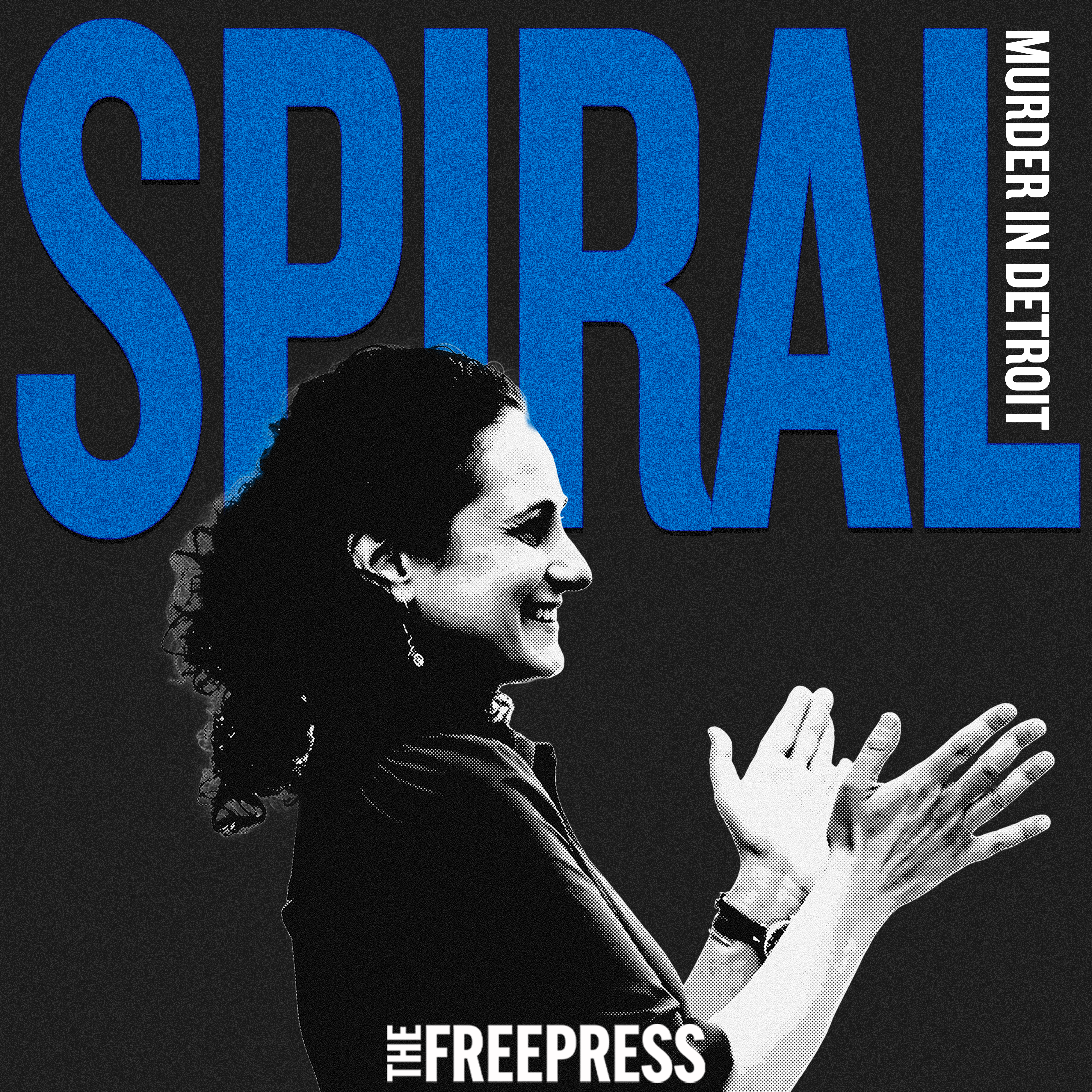Indian court rules groping a child through clothing isn't sexual assault
New Delhi — An Indian court has ruled that groping a child cannot be deemed sexual assault as long as there is no "skin-to-skin contact" or "sexual intent." The January 19 ruling by Bombay High Court Justice Pushpa V. Ganediwala cleared a 39-year-old man who had been accused of sexually assaulting a 12-year-old girl in 2016 of any wrong doing. It has drawn widespread criticism from activists in a country plagued by rape and sexual violence.
During the trial, the girl accused the defendant in the case, a man who goes only by the name Satish, of bringing her to his house on the pretext of giving her food and then groping her breast and trying to remove her clothes.
In her verdict, Justice Ganediwala said the incident couldn't be defined as sexual assault under the national Protection of Children from Sexual Offences (POCSO) Act as, "per the definition of 'sexual assault', a 'physical contact with sexual intent without penetration' is an essential ingredient of the offence."
Under the POCSO Act sexual assault is defined as being when someone, "with sexual intent" touches a child's genitalia, anus or breasts or makes a child touch any other person in those areas, "or does any other act with sexual intent which involves physical contact without penetration."
Anyone convicted under the law is sentenced to a minimum of three years in prison. A lower court had earlier sentenced Satish to that minimum term, but the Bombay High Court overturned the verdict and convicted Satish of the less serious charge of "outraging a woman's modesty," and sentenced him to jail for one year plus a fine of 500 Indian rupees ($7).
"The act of pressing of breast of the child aged 12 years, in the absence of any specific detail as to whether the top was removed or whether he inserted his hand inside the top and pressed her breast, would not fall in the definition of sexual assault," said the court.
The verdict angered activists who have fought for years for the sexual safety of women and children in India.
Dhananjay Tingal, Executive Director of child rights group Bachpan Bachao Andolan, told CBS News that they would appeal the ruling to India's Supreme Court if their legal team determines the Bombay court misinterpreted the POSCO Act.
"We have consulted legal experts, we should have a decision in a day or two," Tingal said.
India has a dismal record of sexual violence against women and girls. According to government data released in September last year, an average of 87 rapes were reported every day in 2019. That represented a rise of more than 7% from 2018.
In March last year, India hanged four men for the brutal gang rape of a paramedical student in Delhi in 2012. The rape and murder of the 23-year-old woman triggered massive street protests across India and brought global attention to the plight of India's women. But not much has changed since.




